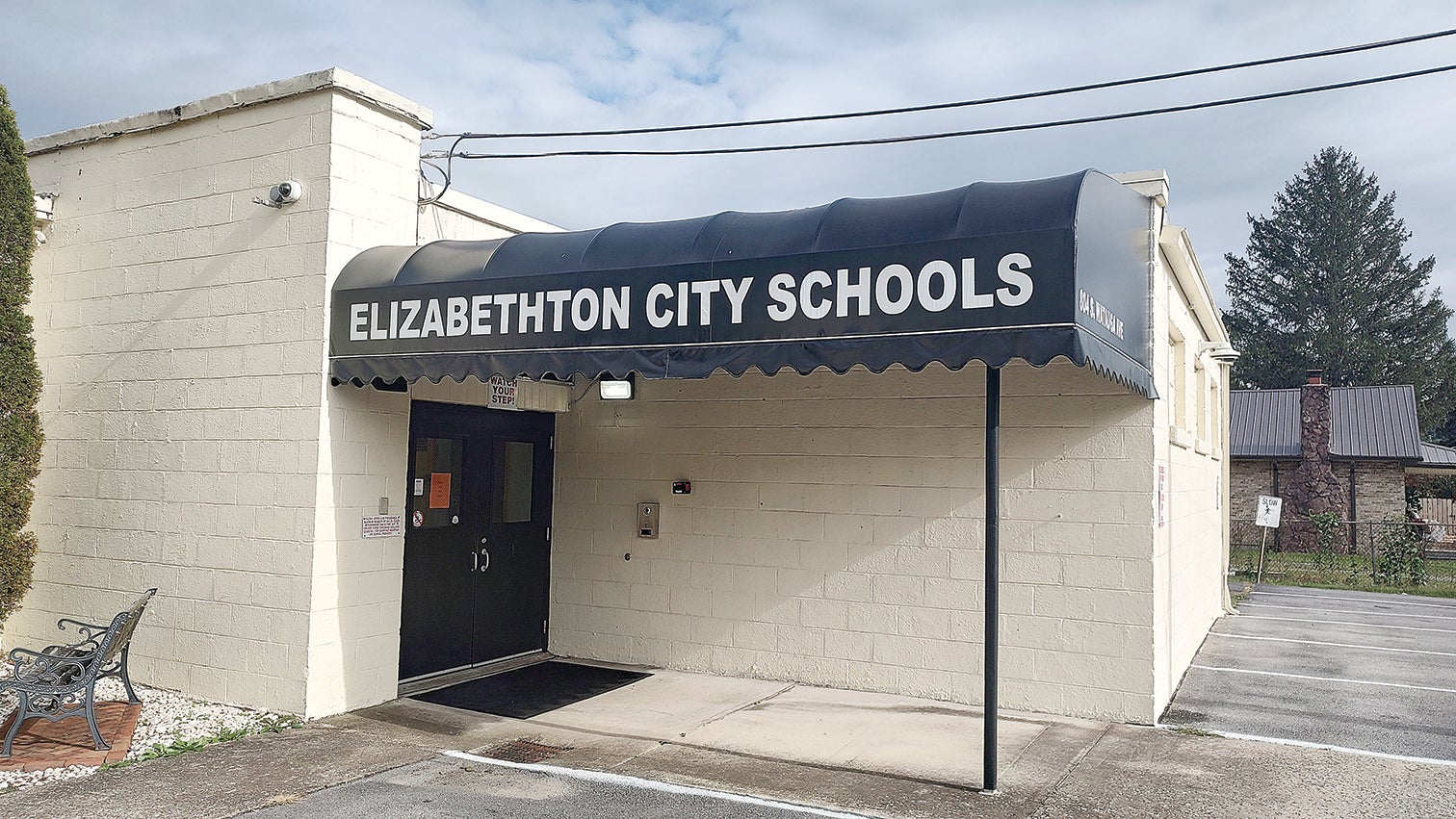Elizabethton City School Board once again takes stand against funding private schools with public money
Published 11:13 am Friday, January 17, 2025
|
Getting your Trinity Audio player ready...
|
By Buzz Trexler
Star Correspondent
The Elizabethton City School Board joined others in East Tennessee in opposing Gov. Bill Lee’s private school voucher bill known as the Education Freedom Act.
Trending
The resolution passed in Thursday night’s regular meeting was the second time in a year that the board voted unanimously to oppose state attempts to fund private schools with public tax dollars.
Elizabethton City Schools Director Richard VanHuss told the board that “in no way, shape or form in my role can I be in favor of taking taxpayer dollars that could benefit our students and have that diverted to public schools.”
During a called meeting Wednesday night, the Sullivan County Board of Education passed a similar resolution, as have the Kingsport Board of Education and the Washington County Board of Education. Carter County Board of Education passed a resolution Thursday night also opposing the act.
For local educators, protecting public school funding from private schools is familiar territory.
“We went through this about a year ago when it was kind of fought off,” Board Chairman Eddie Pless said. “I’m disappointed, but not surprised, that it’s back again.”
In January 2024, the school board unanimously passed a similar resolution against the 2024 voucher bill, as did the Carter County Board of Education. The bill was opposed by educators, public officials, and others across the state and failed to pass.
Trending
Pless stressed the importance of having a public school system and said, “It’s so hard to do what we do, with what we have, and to have any of that removed … I just, I can’t support that at all and I think you know there will be phone calls made from me to individuals. I think we have people that are supportive, but it doesn’t sound favorable right now. But hopefully we can turn the tide like we did last year. So, but no, I cannot support taking funds away from public schools for a private matter.”
Board Member Phil Isaacs said there are “some nice little things” in the legislation that would be beneficial in the short term, “but in the long term, the effect of this voucher program will not be good for public school systems, so I can’t support it.”
“We educate the masses,” Vice Chair Jamie Bass Schaff said. “We don’t pick and choose, where private schools will.”
“Accountability being different is also a real concern,” VanHuss said. “You know, at the end of the day they’re going to try to compare public school students with private school students. So, how can you do that if you don’t have the same measure, and there’s evidently no interest whatsoever to require private schools to do the same assessment that we do, and there’s evidently no desire on the leadership in the state to adjust what our accountability models look like to align with more closely to what those are in private schools.”
VanHuss said one of the big measures being used to support the voucher program is a survey where parents give a high “satisfaction” grade to private schools.
“I don’t think that we’ve ever had the opportunity as a public school to put part of our accountability, or a measure, to determine how well we’re doing on just a satisfaction survey,” the director said, adding that comparing public schools to private schools is like comparing “apples and oranges.”
“Public school teachers are not afraid of competition,” he said. “They’re the best at what they do and we have the best around in our school system.”
Elizabethton Mayor Pro Tem Michael G. “Mike” Simerly, who serves as the City Council liaison to the school board, said Thursday night the Tennessee Municipal League had moved its training program for city leaders from March to a special called meeting in January. City Council members used that opportunity to meet with legislative staff members.
“I’m only one vote on City Council and I’m only one voice of seven,” Simerly said, adding that he was personally opposed to the governor’s program of using public tax dollars for private school needs.
Among other foundational statements, the city school board resolution cites the Tennessee General Assembly’s constitutional mandate to “provide for the maintenance, support, and eligibility standards of a system of free public schools.”
The resolution says the city system is charged with providing “a free and appropriate education for all students, regardless of background, need, or ability,” has done so for more than 100 years, and has “a long-established history of providing a wide array of academic, athletic, social, and arts programs through effective and strategic stewardship of public funds …”
The resolution targets the use of public funds by private schools that “do not face the same state-approved academic standards, transparency requirements, accountability methods, and performance measures as public educational institutions, nor are they required to accept all students and offer needed specialized programs …”
Diverting public funds to private educational institutions would “threaten Elizabethton City Schools’ ability to maintain its exemplary quality of programs and services,” the resolution says, and “strongly urges the Tennessee General Assembly to reject such legislation and/or any other similar voucher or Education Savings Account legislation that would divert public dollars away from public schools.”
Filed in the state Senate and House, the Education Freedom Act of 2025 would provide 20,000 scholarships in the 2025-2026 school year, half of which would go to students whose annual household income does not exceed 300 percent of the limit for free or reduced-price lunch; those who are zoned to attend certain schools in an Achievement School District; or others who are eligible under state law because of certain disabilities and meeting other related criteria.
The remaining 10,000 scholarships would be available for all other eligible students, meaning the student is a Tennessee resident and entitled to attend a public school, “except for a student enrolled in a home school or in a church-related school, with which the student’s parent is associated, registered, or is participating as a parent-teacher for purposes of law related to homeschooling.”
Beginning with the 2026-2027 school year, the number of scholarships would be determined by the amount of available funding. Under the act, if the number of applications exceeds 75 percent of available scholarships for the current year, the number of scholarships available for the next school year must be increased by an additional 5,000 scholarships.
Under the act, 80 percent of the privilege tax collected for sports wagering would be used to construct and maintain public school buildings, with consideration given to those located in a county the state considers economically distressed or at-risk, as well those that have been impacted by “any emergency or natural disaster that has resulted in significant damage to an existing public school building or facility.”
The 114th General Assembly will convene in a special session on Monday, Jan. 27, to consider the act and other legislation.







